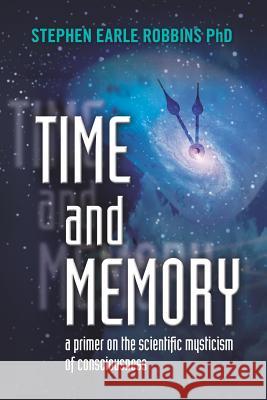Time and Memory: a primer on the scientific mysticism of consciousness » książka
Time and Memory: a primer on the scientific mysticism of consciousness
ISBN-13: 9781468137491 / Angielski / Miękka / 2012 / 296 str.
A dark cloud hanging over all spiritual thought today is the view that findings in modern science prove that all spiritual experience is simply "generated" by the brain. This view is only a natural reflection of the concept that all consciousness, to include our visual experience of the external world, is equally simply so "brain-generated." This book challenges the roots of this view in current conceptions in cognitive science, neuroscience, neural network theory and artificial intelligence, robotics, consciousness theory, evolutionary theory and physics. In consciousness theory, this is the yet unresolved "hard problem" and basic misconceptions inherent in the classical model of space and time in which this problem rests. In cognitive science and artificial intelligence, this is the problem of accounting for the fundamental cognitive operation of analogy and the highly related, yet nearly abandoned problem of "commonsense knowledge" with its hitherto unrealized impact on the theory of evolution. In physics, this is a deeply flawed interpretation of relativity and its concepts of time. An alternative model of mind is described here based in the prescient theory - already holographic, but never penetrated or understood by past or current philosophy - developed by the great French philosopher, Henri Bergson in 1896. Far from being a computer, the brain is seen as a radically different "device" residing in a non-classical, non-relativistic model of time. Within this framework is a profound model of the origin of the image of the external world, and required for this, the relation of subject and object is seen not in terms of space, but of time. Inherent too is an entirely new model of the operations of memory retrieval based in this holographic model and rooted in the findings of ecological psychology, but where experience is not (and cannot be) stored in the brain. The discussion is intended as a concrete, useable theoretical point of entry for the hitherto missing role of consciousness in (computer) models of cognition, and for fundamental questions in perception, the operation of memory and the nature of analogical thought discussed and researched by the academic world today. Simultaneously, this view contains a natural, scientific mysticism which supports the deep insights of the mystics.
Zawartość książki może nie spełniać oczekiwań – reklamacje nie obejmują treści, która mogła nie być redakcyjnie ani merytorycznie opracowana.











